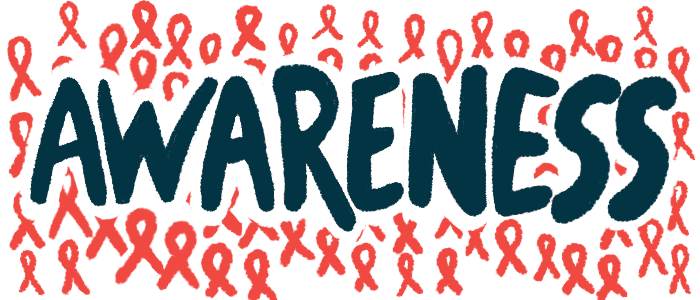Hepatitis Awareness Month promotes screening, vaccination
US strategic plan to eliminate viral hepatitis by 2030
Written by |

Throughout May, the U.S. Centers for Disease Control and Prevention (CDC) will work with public health partners to raise awareness of viral hepatitis and promote testing and vaccination efforts to limit the spread of the prevalent liver disease.
Hepatitis Awareness Month, held each May, includes events and activities to help the community be aware of viral hepatitis — liver inflammation caused by a viral infection — how it spreads, and the serious consequences that can arise if it isn’t treated. Another goal is to decrease the social stigma surrounding it that can limit an individual’s willingness to get tested and treated.
May 19 is also Hepatitis Testing Day, a national effort observed since 2012 to promote screening for hepatitis B and C, two types of viral hepatitis that affect an estimated 862,000 and 2.4 million people in the U.S., respectively.
Goal of eliminating viral hepatitis as public health threat by 2030
Altogether, the efforts help move toward the national goal of eliminating viral hepatitis as a public health threat in the U.S. by 2030, in line with a similar global goal of the World Health Organization.
This year’s awareness month will center around three themes, with the CDC offering social media content that can be used to raise awareness for each of them:
- May 6-10: Reaching key populations and high-impact settings. This theme will focus on increasing access to hepatitis vaccines, testing, and treatment among key populations, which can ultimately help prevent its spread in the larger community.
- May 13-17: Protecting young families and pregnant women. This week will concentrate on promoting hepatitis B and C screening for all pregnant patients.
- May 20-24: Accelerating hepatitis C point-of-care testing to expand test-to-cure. The focus in this final week will be on boosting hepatitis C point-of-care testing to better connect patients to life-saving treatments.
Individuals are encouraged to help spread the word about Hepatitis Awareness Month and Hepatitis Testing Day by sharing social media graphics and posts — available on the CDC’s initiative website — using the hashtags #HepAware2024, #HepatitisAwarenessMonth, and #Hepatitis.
Participants can also follow and tag @cdchep on X to receive more information about hepatitis resources and campaign updates.
Hepatitis B and C are spread by contact with infected blood or other bodily fluids, most often through sex or needle-sharing, or from pregnant women to their babies at birth. Most people living with these forms of hepatitis won’t have symptoms until later stages of the disease, when they’re at risk for more severe outcomes like liver cancer.
Recommendation: Adults be screened at least once for hepatitis B, C
As there are effective therapies for both viruses that can prevent these serious consequences, it is recommended that all adults 18 and older be screened at least once in their lives for these viruses, with more frequent screening for people with certain risk factors.
To get involved in Hepatitis Testing Day, the U.S. Department of Health and Human Services encourages people to locate nearby providers offering hepatitis vaccination and testing, familiarize themselves with the CDC’s recommendations about hepatitis B and C screening, and use social media and educational tools from the CDC to spread the word.
A number of informational webinars will also be held throughout the month and hosted by various organizations, with free registration for interested participants:
- May 7, 1 p.m. ET: “Novel approaches to bringing viral hepatitis care to people with substance use disorder.”
- May 14, 1 p.m. ET: “The role of community health centers in eliminating hepatitis C in the United States.”
- May 16, 3 p.m. ET: “Updates on hepatitis B and C for patients.”
- May 21, 2 p.m. ET: “Preventing hepatitis B infection in U.S. adults.”
Also available on the CDC’s hepatitis awareness month website are a variety of informational and educational resource documents along with a social media toolkit. Interested individuals can also learn more about the national strategic plan to eliminate viral hepatitis by 2030.




